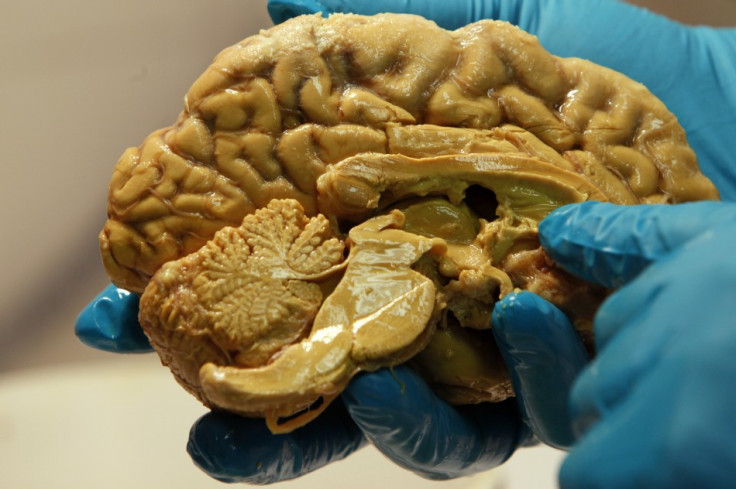Scientists Discover New Type of Intellectual Disability

Scientists have discovered a new form of intellectual disability caused by mutation of genes that could affect the cognitive development of the brain by disrupting neuron function, according to a study.
Researchers at the Centre for Addiction and Mental Health (CAMH) mapped the genes of three sisters belonging to a Pakistani family who had intellectual disability along with muscle weakness and difficulty in walking. They discovered that the gene called NSUN2 had a mutation which had caused the intellectual disability, LiveScience reported.
Intellectual disability limits a person's ability to learn at an expected level and function in daily life and can be caused by an injury, disease or a problem in the brain. It can start any time before a child turns 18 or even before birth. Sometimes marriages among close relatives carrying mutations can affect the children.
In case of the Pakistan family, the researchers believe that the marriages among first cousins carrying mutations within the family increased the likelihood of intellectual disability among their children. A child will develop a recessive intellectual disability if he or she has one mutant NSUN2 from each parent.
The NSUN2 gene, located on chromosome 5p, encodes a type of protein called an RNA methyltransferase. In turn, the mutated protein is prevented from reaching its target area within the nucleus of a cell and hence the brain cells will not be able to perform their normal role in cell division and/or RNA methylation, the LiveScience report said.
The scientists also found a similar gene mutation in two other Iranian and Kurdish families with intellectual disability.
"The combined results from these two studies mean that NSUN2 is among the most common causes of intellectual disability resulting from recessive genes," LiveScience quoted Dr Vincent, who heads the Molecular Neuropsychiatry and Development Laboratory in the Campbell Family Mental Health Research Institute at CAMH, as saying.
In addition, researchers from the Wellcome Trust Centre for Stem Cell Research in Cambridge, UK, believe that this gene mutation affects brain cells called Purkinje cells, which plays a role in controlling the motor movement of the brain.
"We speculate that the muscle effects may result from the accumulation of the NSUN2 protein outside its target area in the nucleus," said Dr Vincent.
The findings are available in the American Journal of Human Genetics.
© Copyright IBTimes 2025. All rights reserved.





















